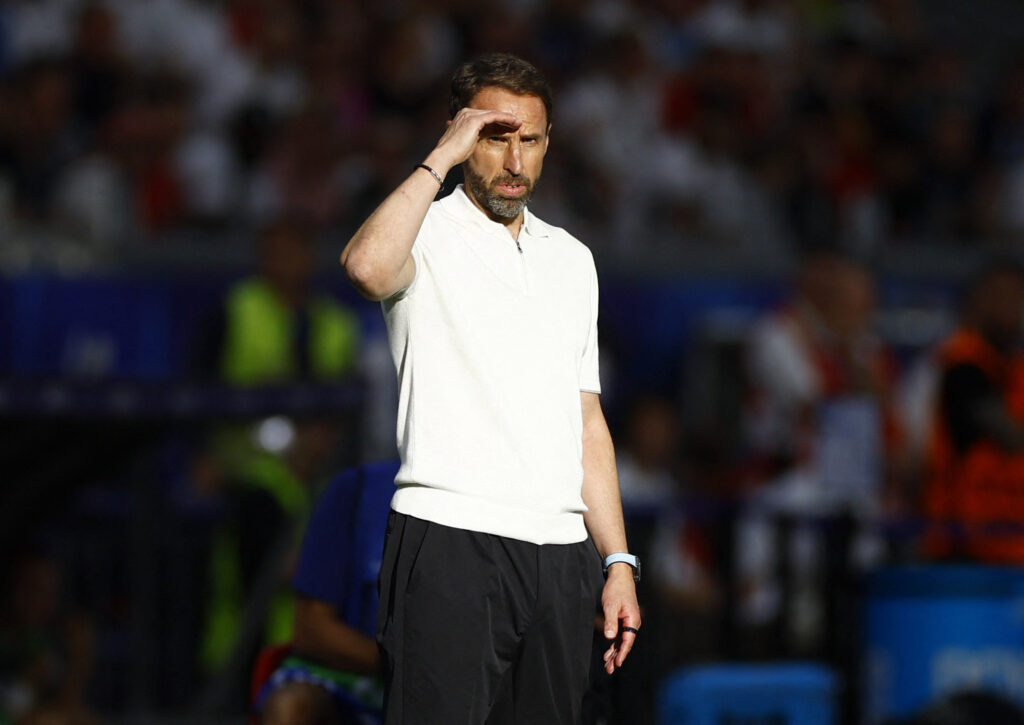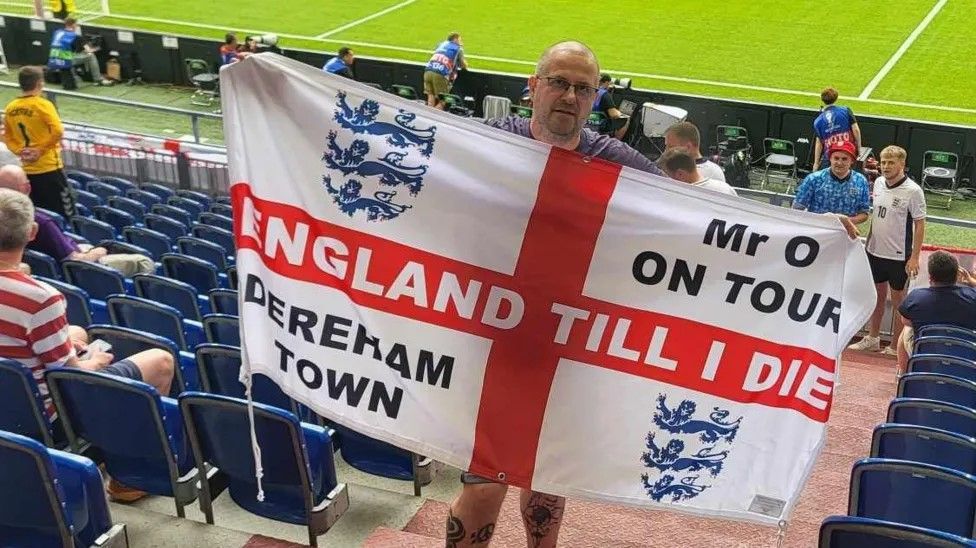Football’s Euros 2024 are over. Spain are European champions for the fourth time. England are, again losing finalists. Many England fans see the 2-1 defeat as a failure. They should not. Losing, narrowly, to Europe’s best team (Spain won all seven games) is no disgrace. But it is a huge disappointment deepened by the frustration that the long wait for England’s men’s team to win a major tournament continues. In 2026, it will be 60 years since England won their only World Cup.
Some England fans already have what they wished for. England manager Gareth Southgate has resigned. For them, Southgate’s caution and poor in-game management have cost England success. This tempting, but simplistic reason for England’s shortcomings ignores the data. England did not play well during the tournament but, like all good teams, found ways to win. Southgate’s changes during matches also made a difference. Palmer, Toney, and Watkins all changed games after coming on as substitutes.

Southgate is accused of wasting England’s ‘talent’, but other England managers have had good players (compare England’s Euro 2004 and 2024 squads) and done worse. Under Southgate, England have reached two finals, a semi-final and a quarter-final, making them the most consistent international team over the last eight years. There is a new resilience about England. They are winning games they would not have in the past. They have also exorcised the fear of penalty shoot-outs. England’s win on penalties against Switzerland, in the quarter-final, was nerveless and ruthless.
England are a good team, but Spain a great one, comprising not only very good players but also a playing style that enables them to control games they are in danger of losing, such as the Euro 2024 final against England.
The difference between the teams was revealed after England equalised in the 73rd minute. Spain were under pressure and struggling with England’s pace. England won a throw-in level with the Spain penalty area. England had scored from a similar position against Slovakia earlier in the tournament. But after 30 seconds of indecision, England’s Kyle Walker did not put the ball deep into Spain’s penalty area but threw it back 35 meters. Eventually the ball found its way to goalkeeper Jordan Pickford, who booted it high into the Berlin sky, giving possession back to Spain. England did not touch the ball again in Spain’s half for 13 minutes and that was to restart the game after Spain’s second goal.

In trouble, Spain reverted to their style. They kept the ball. Slowed the game down. Pressed hard. Took control and created space for their winning goal. A style Spain have played many times before and not just the men. Spain’s women’s team used the same style to choke England’s Lionesses and win the Women’s World Cup final 1-0, in 2023.
In contrast, England have no recognisable style of play. This is not because of Southgate. It is a much deeper problem. To go become a great team, England need to develop a style – a philosophy – of play that brings the best out of the team’s core players and into which other players can fit. A style is not a rigid formation. Spain beat England by moving players into different positions, confusing the England defence and creating space. Tournament winning teams Argentina, Brazil, France, Germany, Italy and now Spain, have had great players but also a style of play that protects their weaknesses (Spain’s defence is not great) and enables them to recover from setbacks and score late goals.

England fans have reasons to be optimistic. England are producing good players. The core of the current England team is young. Palmer and Saka are 22. Bellingham is 21. Other young players are coming through. England won the under-21 European Championship in 2023 beating Spain (who else?) 1-0 in the final. But sustained success, requires a style of play to permeate the various levels of the England men’s and women’s teams. This requires not only good players but also good coaches. Developing good coaches is difficult in England where clubs would rather buy managerial success than nurture it, but some way needs to be found.
Three English coaches are candidates to succeed Southgate, Newcastle United’s Eddie Howe, Graham Potter, who had success at Brighton but struggled at Chelsea and Lee Carsley, manager of the England under-21 team. None has won a major trophy. Other names in the hat include Argentina’s Mauricio Pochettino, and Germany’s Thomas Tuchel.
To develop a style, England’s new and future managers will require a deep understanding of the English Premier League and the types of players that English academies produce, to build on its strengths and compensate for its weaknesses. The new England manager should also speak to Sara Wiegman, manager of England’s Lionesses, who won the Euros in 2021 and reached a World Cup final in 2023, about the strengths and weaknesses of English players such as their ability to adapt to different formations, to control matches, their fitness and mentality. For example, why do England’s men’s and women’s teams invite pressure when they lead in important matches?
Developing a playing style at national level is not easy. If it were there would be more great teams. It also takes time. It took Spain 44 years from winning their first trophy, the Euros in 1964, to winning their second, the Euros in 2008. France’s first win was the Euros in 1984. Since then, France has won every international trophy at least once.
England have good teams. English football now has strong foundations. To have great, tournament winning teams, England need to take the next, perhaps the hardest, step.


